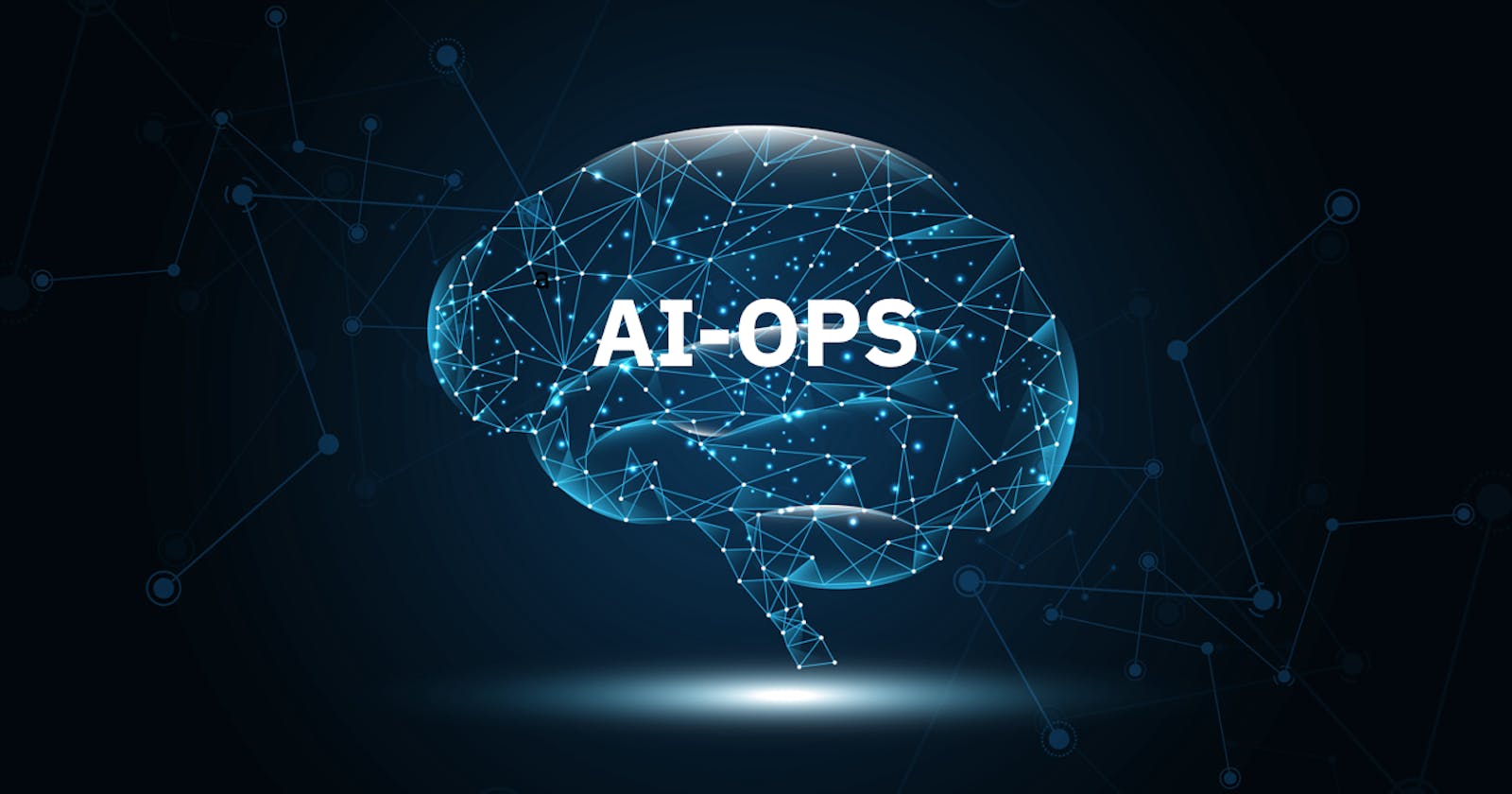Organisations now produce, test, and deploy software differently thanks to the DevOps philosophy, which emphasises collaboration and integration between operations and software development. It seeks to boost productivity, encourage innovation, and expedite the delivery of better products. However, some people have started to doubt the relevance of conventional DevOps ideas to the present ecosystem as technology keeps developing and the demands placed on software delivery shift.
Why Kubernetes ecosystem is not a good fit for DevOps?
It might be challenging to manoeuvre through the complexities of contemporary container orchestration setups. While these systems are strong and adaptable, making the most of their potential requires a thorough grasp of all of the parts and how they work together.
Time drain:
To address infrastructure skills, software engineers are deviated from their primary duties. This distraction may cause development cycles to lag and team productivity to decline.
Software engineers are frequently required to play many roles in DevOps, even ones in which they lack expertise. This can result in errors and inadequate infrastructure configurations because of a lack of in-depth knowledge.
A rise in cloud waste:
- Infrastructure management errors may lead to underutilised or wasteful use of cloud resources. This might drastically raise the cost of using the cloud, particularly for large-scale operations.
Quality Compromise:
- The quality of both the software and the infrastructure may be compromised when software engineers are required to manage the infrastructure. Specialised platform engineers are likely to make more informed choices that can improve the infrastructure's quality and performance.
A lower level of job satisfaction:
- Dealing with infrastructure can frustrate software engineers, which might lower role satisfaction. This may have an adverse effect on the team's morale as a whole and potentially increase attrition rates.
Impact on Innovation:
- Additional focus on infrastructure can take attention away from developing and enhancing the software itself. In the long run, this could provide the business with a competitive disadvantage.
Costs of training and the learning curve:
- The Kubernetes ecosystem is widely complex, therefore software engineers must invest time not in just maintaining the underlying infrastructure but also have to understand the complexities around the management of the cluster operators.
Platform Engineering to the Rescue
Platform engineering stands out as a ray of hope because it promises the seamless integration of a strong infrastructure that will enable engineering teams to achieve higher standards without being constrained by the complexities of the infrastructure ecosystem.
Efficiency:
Comparable to a talented symphony conductor who makes sure every note reverberates in perfect harmony. It removes the barriers to innovation and creativity by reducing the role of a software engineer to its most fundamental objective which is coding. Engineering Teams become tenants instead of owners of the cluster infrastructure.
Reduction of Cloud Waste:
Imagine a world where every cloud resource is utilized to its fullest potential. That’s the world Platform Engineering strives to create. By placing infrastructure in the capable hands of specialized platform engineers, cloud resources are meticulously managed, ensuring not a single byte goes to waste. This meticulous management is the cornerstone of operational efficiency and cost-effectiveness. If masterly executed given the size of the business it could help reduce the cloud costs in terms of millions of dollars.
Quality:
Quality is not simply ensured; it is guaranteed when those at the pinnacle of their area of expertise are the architects of infrastructure. Platform Engineering fosters a culture where people with the most expertise in infrastructure make decisions. A masterpiece is produced as a result, not merely a nice product.
Innovation:
By allowing software engineers to focus solely on developing and enhancing software quality and reliability, Platform Engineering empowers a culture of innovation. This dedicated focus can give businesses a competitive boost in the long run, as they can rapidly develop and deliver new features and improvements.
Platform Engineering and AIOps
The integration of Artificial Intelligence will boost and mark a pivotal evolution seamlessly melding the best of human innovation with the precision of AI. By leveraging AIOps, Platform Engineering teams will possess the capability to develop specialized AI agents that will revolutionize infrastructure observability and monitoring, bringing an unprecedented level of automation and insight into the complexities of managing infrastructure at scale.
Embracing AIOps within Platform Engineering is not just a step; it’s a giant leap towards a future where the intricacies of technology are no longer obstacles, but stepping stones to innovation and excellence.
